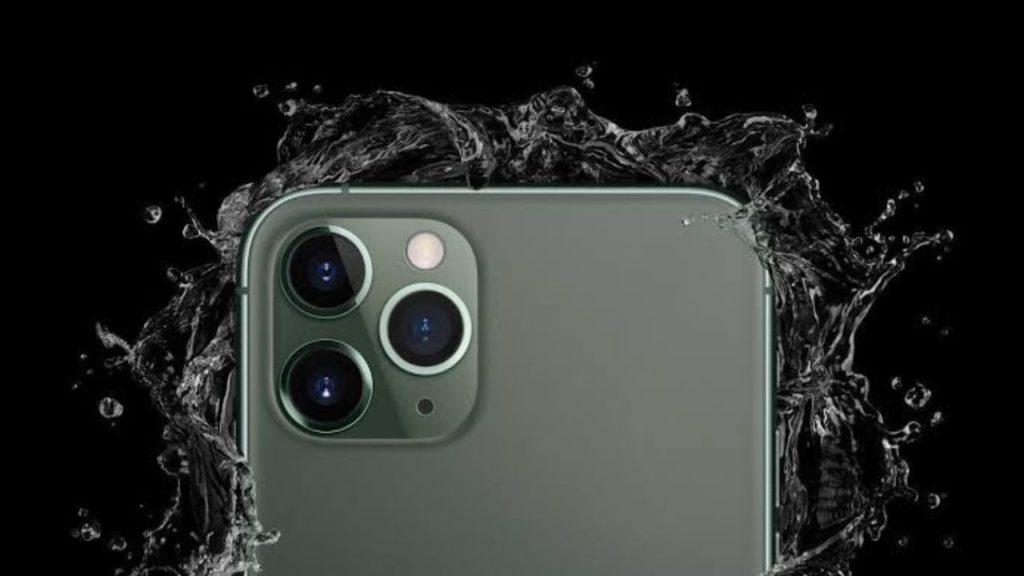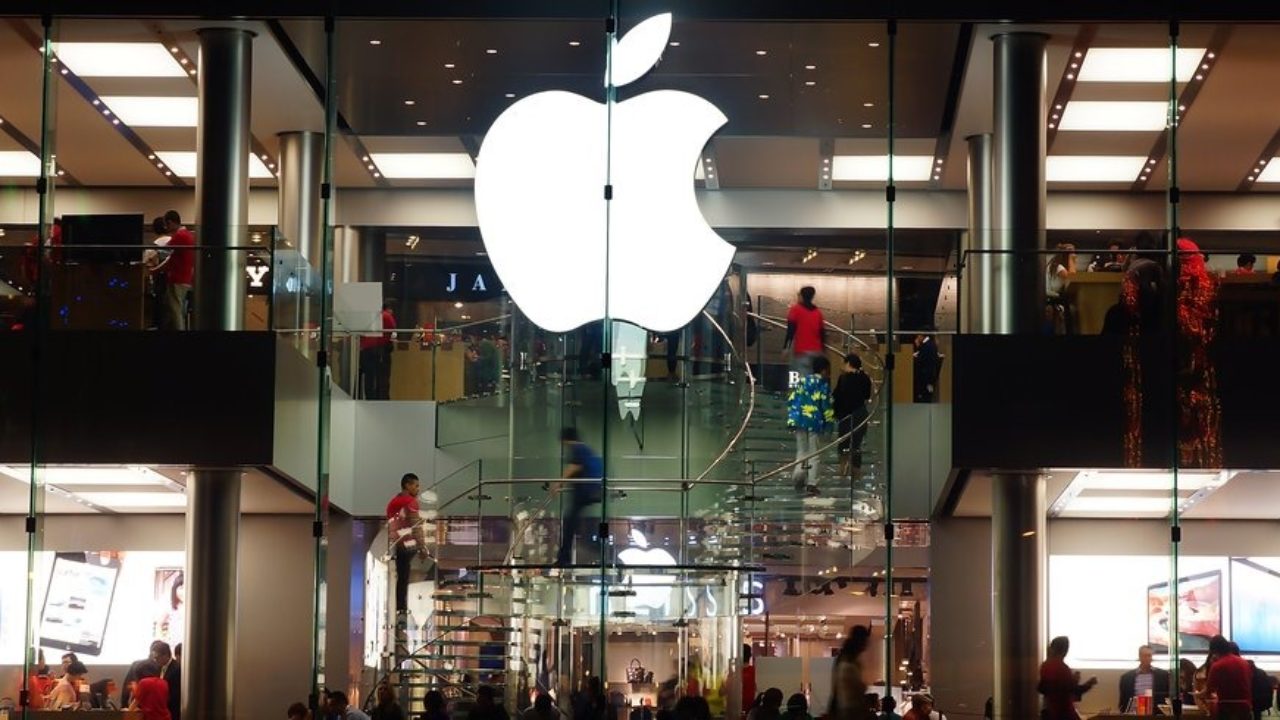Apple has defended the iPhone 12 against orders from a French watchdog to stop its sales as it allegedly breaches European Union radiation exposure limits.

The controversy
France’s Agence Nationale des Fréquences (ANFR) told Apple on Tuesday to halt iPhone12 sales in France, alleging that tests had found the phone’s Specific Absorption Rate (SAR) to be higher than legally allowed.
SAR refers to the rate of radiofrequency energy absorbed by the body from a piece of equipment.
However the limits – based on the risk of burns or heat stroke from the phone’s radiation – are already set ten times below the level where scientists found evidence of harm.
Apple defends
Apple said in a statement the iPhone 12 was certified by multiple international bodies as compliant with global radiation standards.
It had furnished several of its own and third-party lab results which prove the phone’s compliance to the French agency.
It said it is also challenging the agency’s findings.
Proceedings
ANFR said it would send agents to Apple stores and other distributors to make sure that the model is no longer being sold.
If it finds a failure to comply, it would recall iPhone 12s already sold to consumers.
Research finds no risk
Researchers have conducted several studies over the last two decades assessing health risks from mobile phones.
The World Health Organisation has found no adverse health effects caused by mobile phone use.
“From a health and safety point of view, it is not as if this is putting anyone at risk,” said Professor Rodney Croft, the chair of the International Commission on Non-Ionizing Radiation Protection (ICNIRP), which sets global guidelines on the SAR limits.
The French method
However Croft acknowledged that French findings could differ from those recorded by other regulators.
ANFR assesses radiation with a method that assumes direct skin contact, without intermediate textile layers, between the device and user.
This test is also different from the method used by Apple.
ANFR findings
The agency said labs had found absorption of electromagnetic energy by the body at 5.74 watts per kilogram during tests when the iPhone 12 was being held in the hand or kept in a trouser pocket
The European standard is a specific absorption rate of 4.0 watts per kilogram.
It said it will pass on its findings to regulators in other European Union member states.
France’s junior minister for the digital economy, Jean-Noel Barrot, said a software update would be enough to fix the radiation issues.
Other countries could follow
Germany’s network regulator BNetzA said it might launch similar proceedings.
It said, “The procedure in France has a guiding function for Europe as a whole.”
Spain’s OCU consumers’ group urged authorities there to halt the sales of the model.












